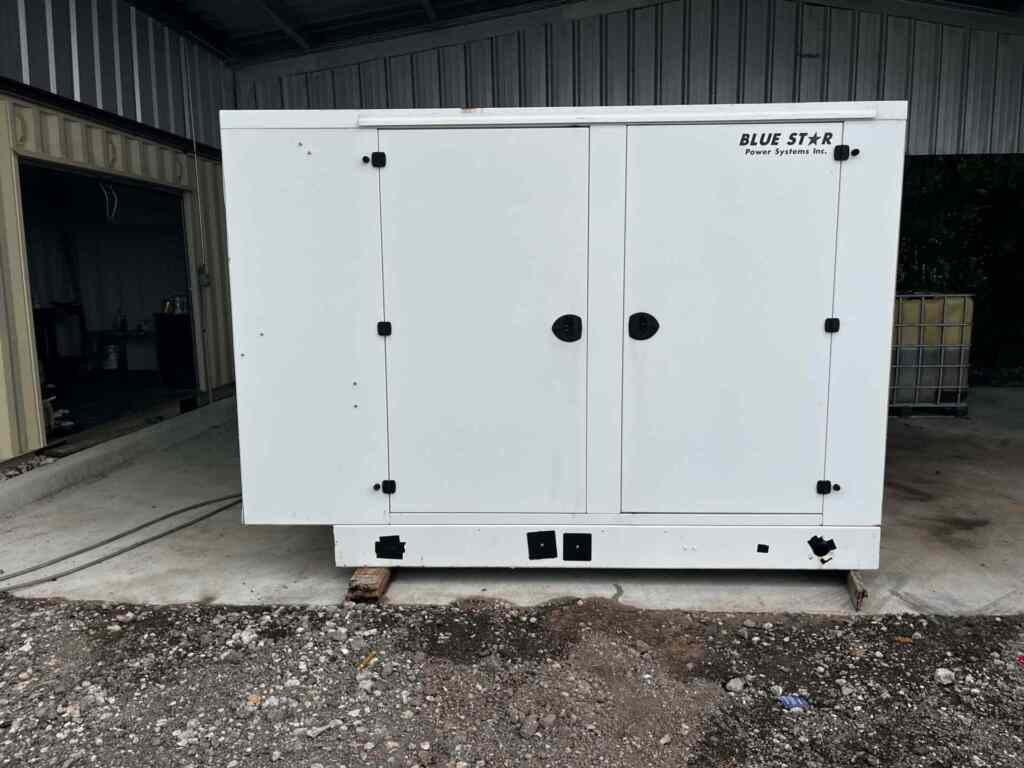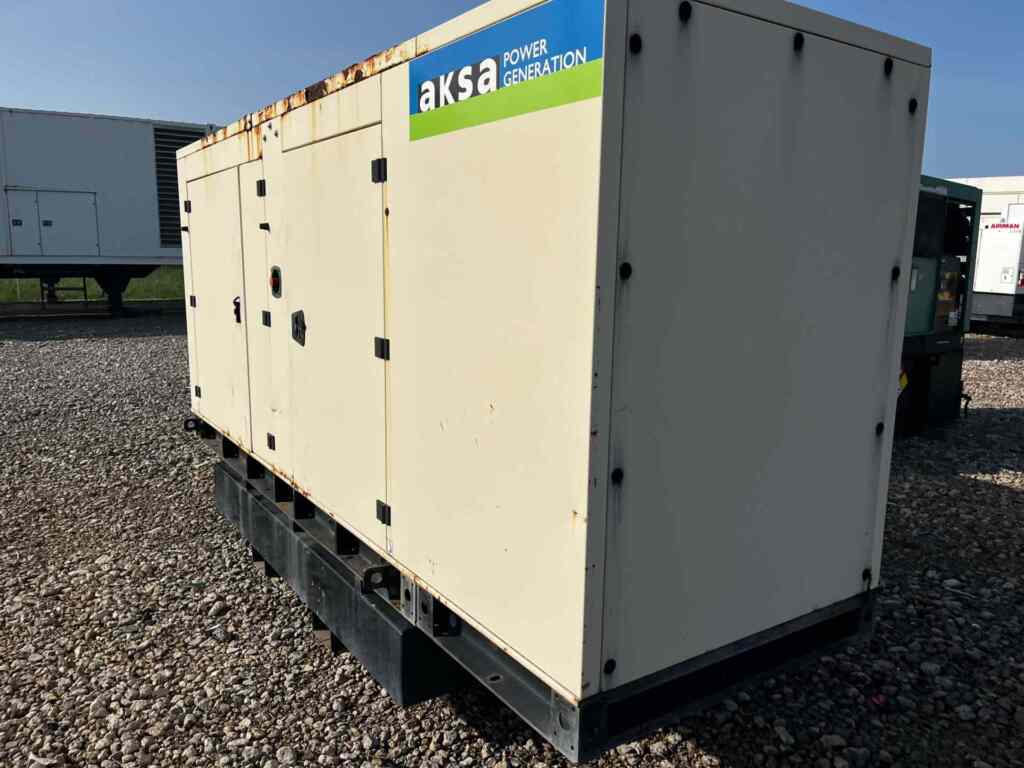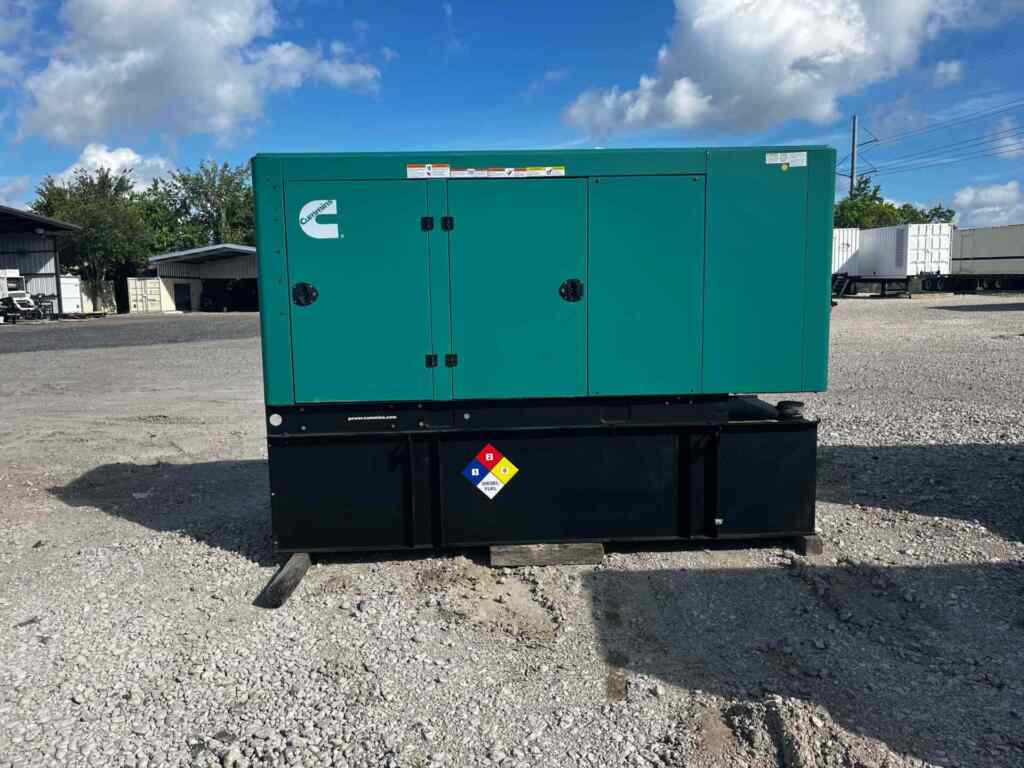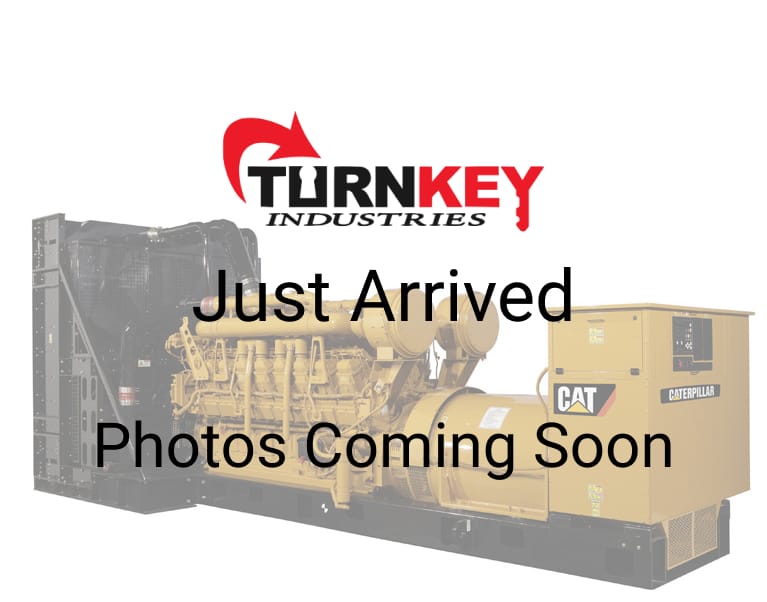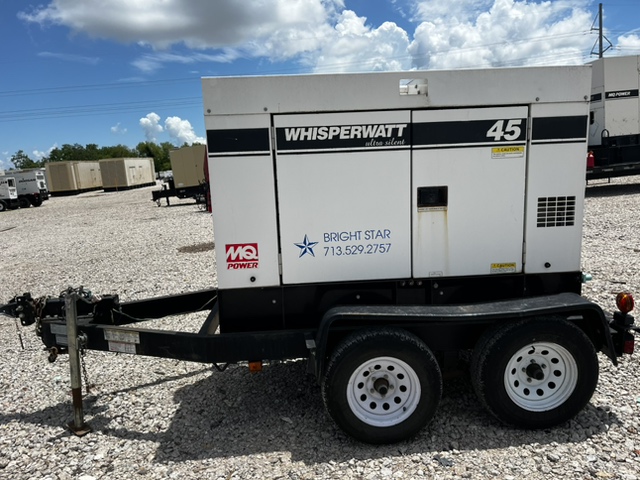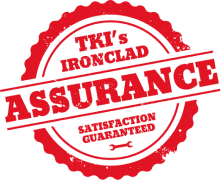In critical industries such as healthcare, manufacturing, data centers, and construction, even a brief interruption of power can lead to significant financial loss, compromised safety, or operational downtime. Reliable Industrial generators form the backbone of emergency preparedness, instantly providing electricity during unexpected outages.
Standby and skid generators serve vital roles, but they each offer distinct advantages suited to various operational demands, facility constraints, and fuel availability considerations. Selecting the right solution for your operation is key to maintaining continuous, dependable power in any circumstance.
Standby Generators: Reliable Backup Power
Standby generators, such as the Cummins DQKAN Diesel Standby Generator (2,500 kW) and the Kohler 2000REOZMD Standby Diesel Generator (2,000 kW), are permanently installed units designed to automatically provide power during electrical outages. They connect directly to a facility’s electrical system through an automatic transfer switch, detecting power loss and activating within seconds. This rapid, automatic operation ensures minimal disruption and maintains continuous power for critical operations.
Key Features of Standby Generators:
- Automatic Operation: Equipped with sensors that detect power interruptions, triggering immediate startup without manual intervention.
- Permanent Installation: Fixed positioning ensures readiness and integration with the facility’s infrastructure.
- Fuel Options: Commonly powered by diesel, natural gas, or propane, offering flexibility based on fuel availability and preferences.
- Capacity Range: Available in various sizes, from small units suitable for residential use to large systems capable of powering industrial facilities.
Skid Generators: Versatile and Portable Power Solutions
Skid generators are mounted on a skid frame, providing a stable platform that allows for mobility and flexibility. While they can serve as backup power sources, their design also supports primary power needs in locations without access to the main power grid, such as construction sites or remote operations.
Key Features of Skid Generators:
- Portability: The skid-mounted design facilitates transportation and deployment across various sites.
- Durable Construction: Built to withstand harsh environments, making them suitable for outdoor and rugged applications.
- Fuel Flexibility: Typically diesel-powered, but models are available that utilize gasoline or natural gas.
- Operational Versatility: Suitable for both standby and prime power applications, depending on the operational requirements.
Emergency Power Considerations
Selecting the right generator type is critical to maintaining operations during power outages. Standby and skid generators each have distinct strengths and limitations that influence their suitability for specific applications. The comparison below provides clarity on essential factors to guide your decision:
| Consideration | Standby Generators | Skid Generators |
| Response Time | Automatic startup within seconds, ideal for critical applications. | Manual activation required; slower startup time. |
| Installation Requirements | Permanently installed with dedicated infrastructure. | Portable and easy to relocate, minimal site preparation needed. |
| Regulatory Compliance | Typically complies with NFPA 70 Article 700 (Emergency Systems). | Generally complies with NFPA Articles 701 (Legally Required) or 702 (Optional Systems). |
| Maintenance Needs | Regular scheduled maintenance; extensive testing required. | Flexible maintenance schedules; essential checks after relocation. |
| Noise & Environment | Built-in noise reduction; suited for sensitive environments. | May require additional noise mitigation depending on deployment location. |
Fuel Tank Differences and Configurations
The efficiency and reliability of generator operation rely significantly on the fuel storage system. Factors such as fuel tank capacity, type, and integration directly impact runtime, maintenance schedules, and ease of operation. Choosing the appropriate fuel tank configuration helps organizations optimize performance, minimize downtime, and ensure the generator is ready whenever it’s needed.
Standby Generators
Standby generators often feature integrated fuel tanks designed for extended operation without frequent refueling. Tank capacities vary according to generator size and application. For instance, the Caterpillar 3516C Standby Diesel Generator is ideal for data centers, where continuous power protects critical IT infrastructure from costly downtime. Similarly, the Cummins DQGAB Standby Diesel Generator, with its reliable fuel storage capacity, is well-suited for hospitals, ensuring uninterrupted power to life-support equipment and critical healthcare operations.
Skid Generators
Skid-mounted generators, such as the Caterpillar 3508B Skid-Mounted Diesel Generator and the Cummins DQGAB QST30 Skid-Mounted Generator, typically feature base-mounted fuel tanks integrated directly into their skid frames. These tanks allow easy access for refueling and enhance portability for flexible operations. For projects demanding extended runtimes, external fuel tanks can be connected to increase fuel capacity and runtime duration. Their design makes them particularly well-suited to industries requiring mobility and temporary power, including construction sites, mining operations, oil and gas fields, and agricultural applications.
Choosing the Right Generator for Your Needs
Selecting the right type of generator is a decision that significantly impacts operational reliability, efficiency, and overall safety. Generators differ widely in their capabilities, applications, and suitability for various operational conditions. Whether the need arises for continuous power at a remote site or dependable emergency backup in critical facilities, evaluating specific requirements helps businesses avoid costly downtime and operational risks. Below are essential considerations that will guide organizations in making informed, practical generator selections tailored to their unique needs:
1. Power Requirements
Determine the total electrical load the generator must support, accounting for both essential and non-essential systems. Accurately calculating power requirements using reliable tools, such as power calculators, ensures the selected generator matches your facility’s exact operational demands.
2. Application Type
Identify whether the generator will serve as a primary power source, standby power, or for temporary applications. Standby generators are ideal for facilities requiring uninterrupted power, while skid generators offer flexibility for temporary or portable power needs.
3. Fuel Availability
Consider the availability and logistics of fuel in your area when selecting a generator. Diesel is widely preferred due to its energy density and availability. Use resources such as the diesel fuel calculator to estimate fuel needs accurately. In certain scenarios, natural gas or propane generators may be more practical based on local fuel supply and infrastructure.
4. Environmental Conditions
Evaluate the operating environment, including temperature ranges, humidity, and exposure to elements. This assessment ensures that the chosen generator is designed to withstand specific environmental challenges.
5. Budget and Total Cost of Ownership
Beyond the initial purchase price, factor in installation costs, fuel expenses, maintenance, and potential downtime costs. A comprehensive cost analysis helps in selecting a generator that offers the best value over its operational life.
Partnering with TURNKEY INDUSTRIES for Your Generator Solutions
TURNKEY INDUSTRIES is a trusted supplier of high-quality industrial generators, providing dependable power solutions tailored to diverse industry needs. With over 15 years of experience, we specialize in thoroughly inspected, serviced, and load-bank tested generators that ensure immediate operational reliability upon delivery.
Our extensive inventory relevant to your emergency power requirements includes:
- Standby Diesel Generators (Cummins, Caterpillar, Kohler)
- Skid-Mounted Diesel Generators (Portable, flexible power modules)
- Natural Gas and Propane Generators (ideal for continuous fuel supply)
- Trailer-Mounted Generators (easy transportation and deployment)
- Low-Hour Certified Pre-Owned Units from Caterpillar, Cummins, Kohler, Baldor, and Multiquip
At Turnkey Industries, we provide dependable, worldwide generator solutions for emergency backup, temporary power, and industrial applications. Explore our inventory to find the best generator for your business or contact us today to discuss your power needs!
 Turnkey Industries offers a variety of high-capacity
Turnkey Industries offers a variety of high-capacity 